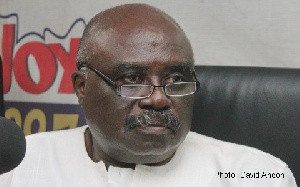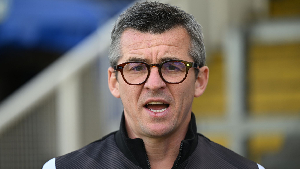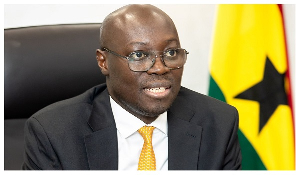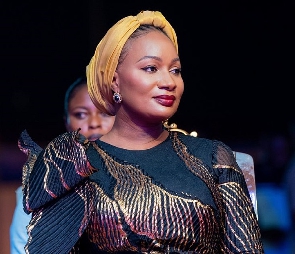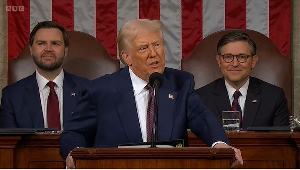Charles Wereko-Brobby, a former Chief Executive Officer (CEO) of the Volta River Authority (VRA), says the current tariffs being paid by Ghanaians to the Electricity Company of Ghana (ECG) also cover charges of Independent Power Producers (IPPs) such as Asogli and Karpower barges which are still nowhere to be found on the high seas.
Dr Wereko-Brobby said: “ECG has to prioritize payments in dollars and cents to the more expensive IPPs that are unable to pay VRA and GRIDCo for the power they produce and transmit, which ironically constitute the largest proportion of our demand which failure in turn piles up debts for VRA which is then unable to pay for the gas it procures from Ghana Gas and N-Gas to feed our thermal plants.”
He added that the predominance of chiefs and elders in the country’s ever-increasing power institutions – VRA, Bui, TAQA (TICO), GRIDCo, ECG, NEDCO, Enclave Power, as well as a host of IPPs, has additionally bloated the tariffs.
“At approximately 10 cents/kWh, what we pay for electricity now is equivalent to what the more affluent Americans pay. Our current tariff is about the same as France, Netherlands, Poland and Austria, and lower than pre-increase South Africa, Finland and Canada.
“If the PURC approves a 100 percent increase, we will be paying twice as much for power in our homes as the better off consumers in our development partner economies.”
He also stated that Ghana has more power instructions to manage its 2,000MW peak load as against South Africa’s ESKOM, which manages near 60,000MW peak demand.
He advised PURC to consider certain vital factors including the costs of generating, transmitting and distributing power in Ghana, efficiencies of the whole power supply and delivery chain and the mechanisms for delivering power in Ghana.
“VRA, our largest power producer, is currently paid about 14.5 pesewa for every kWh of power it generates. And yet by the time that power gets to our homes, we are asked to pay nearly 43 pesewa per kWh, over three times what VRA is paid. Who in their right mind would ever believe that GRIDCO wheeling power and ECG/NED distributing it to our home would add another 200 percent to VRA’s tariff?”
“Did you know that the tariff we pay for 1 KWh of power delivered to our homes only buys us an average of five minutes of airtime on a mobile phone? And yet just about every Ghanaian living everywhere has a mobile phone.
“We, Ghanaians, have an entitlement mentality that everything that comes from government must be free or at best at a cost that we deem affordable according to our measure. Otherwise why does Organized Labour complain about power tariffs but is eerily quiet on the tariffs of the more competitive mobile telephony sector?”
Noting that power tariffs in Ghana were better than those of her neighbours in West Africa and the continent in general, he added that the average tariff on the continent was over 12 cents/KWh, but well over 20 cents/KWh in Burkina Faso, Togo, Cote d’Ivoire, Cape Verde, Uganda, Madagascar, Mali and Chad.
Africa’s residential electricity price averages between 50 and 150 percent higher than the 8 cents/kWh in Latin-America, Eastern Europe and East Asia, and up to 400 percent higher than average residential tariffs in South Asia.
General News of Wednesday, 4 November 2015
Source: Daily Guide





